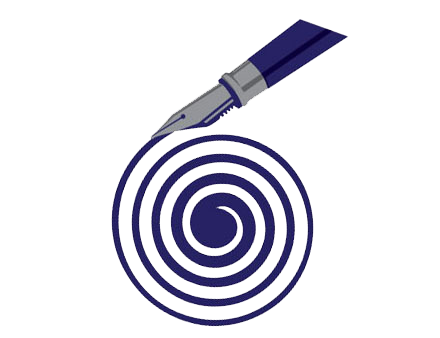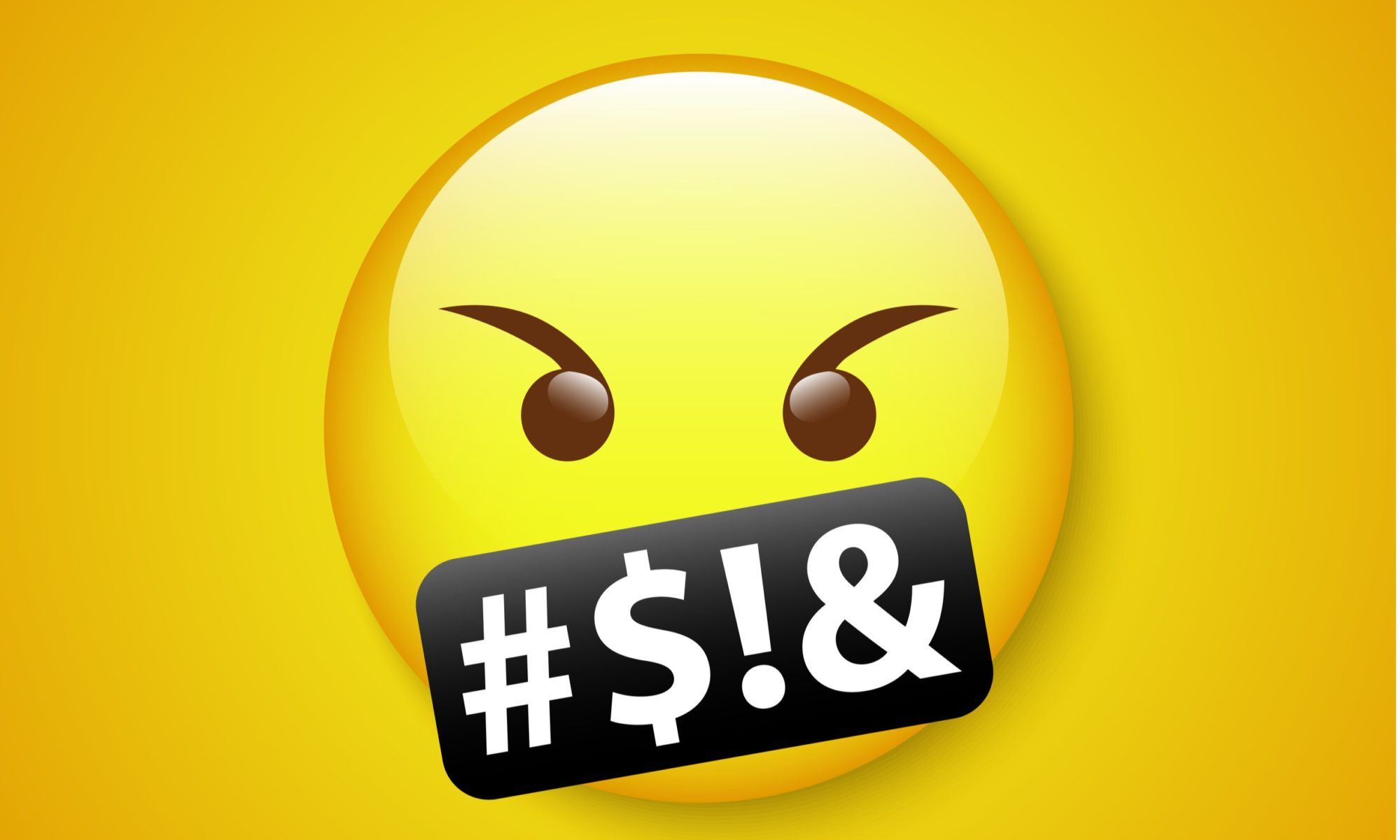
If you, like me, are of a certain age, you can remember a time when most respectable publications did not print profanity. When it was necessary to acknowledge the presence of one of those forbidden seven words (warning: explicit content), publishers often inserted the phrase [expletive deleted]. Bolder editors would sometimes dare to give the reader a nudge, nudge, wink, wink by printing the first letter of the word in question, then replacing the remaining letters with asterisks.
But there’s another kind of expletive out there.
And as a matter of fact, I just used it, without having to censor anything. Did you catch it?
If your sentence starts with a variation of Here is… There are… It is… – that is a grammatical expletive. Expletives can weaken your writing because the words are empty and don’t add any meaning to the sentence.
Now that we know what the expletive is, how do we fix it? Unlike its racier cousin, we can’t redact this kind with asterisks. Usually you’ll have to rewrite the sentence. Let’s look at my example from above:
But there’s another kind of expletive out there.
This sentence is interesting–but a rewrite could make it even more provocative:
Not all expletives are four-letter words.
Now you’ve really piqued your reader’s curiosity. He or she is bound to think, hey, I know all those words! What have I missed all these years? (And undoubtedly that reader will be disappointed to find out that we’re talking about grammar here, not some super-secret ultra-dirty language.)
Other possibilities for rewriting a sentence with an expletive include starting with the word “you” and including a verb (an action word). For example:
Here is a list of the seven forbidden words: …
A possible rewrite with this solution:
You should not use these seven words: …
However, this doesn’t mean that you can never use an expletive. As with other topics we’ve covered, such as the use of adjectives and adverbs, you should carefully consider whether using an expletive is the best vehicle for the nuance you want to express. Used sparingly, expletives can be effective literary devices, as you can see in this article.
Feel free to comment below about expletives you find “in the wild” and whether you think they were used to good effect! And by the way, do you know what the term is for a string of symbols used to replace profanity, like on our upset emoji above? It’s called a grawlix.



